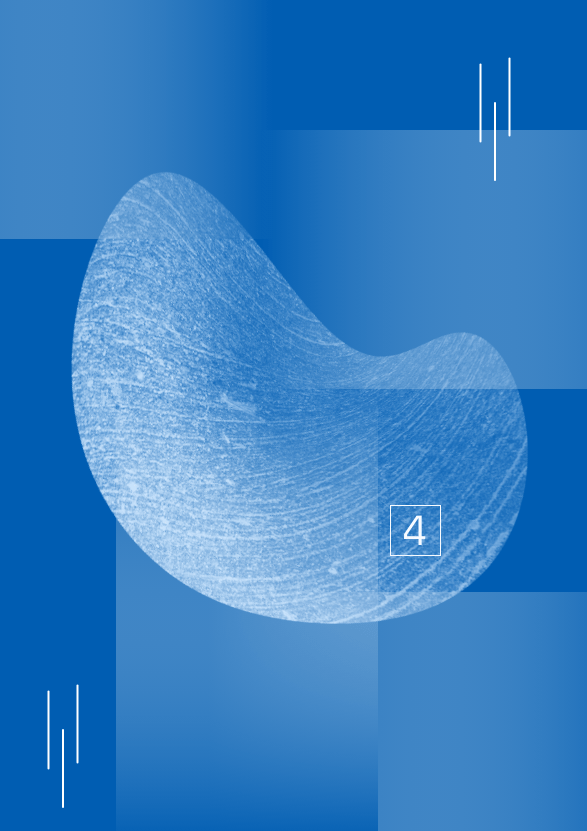

re:publica, Competence development, conspiracy narratives – Newsletter #4
Julia Tegeler
Hello and welcome to issue #4 of our Upgrade Democracy newsletter
As Joachim wrote in the last newsletter full of anticipation, the event season has started. So we have been on the road a lot. Joachim, Charlotte and Ralph left for their first international research trip to Kenya. They discussed challenges, trends and strategies in the field of disinformation with initiatives and actors from all over Africa. The rest of us in the team are eagerly awaiting the field reports. We are eager to hear what insights the three of them have gained to combat disinformation more effectively in this country as well. Of course, we will share these insights with you on our website. If you don’t want to miss anything, be sure to check it out.
We were also on the road in Germany. Cathleen and I met a lot of dedicated people at re:publica from June 5-7 and attended some exciting sessions. Cathleen herself moderated a panel on DSA and its implications on social media. I took away some ideas for our work from the various sessions on disinformation – including the lightning talk by Lea Frühwirth of CeMAS on June 6. In it, she addressed the various facets of disinformation and called for this complexity to be considered even more when dealing with the phenomenon. I agree with her: to understand and effectively combat disinformation, we need to look at its complexity. In her talk, Frühwirth gave a good overview of five perspectives that we should address with an integrated approach in the fight against disinformation: Disinformation as a knowledge and skills problem, a security problem, a technology problem, a social science issue, and a democracy problem. We are also pursuing such an integrated approach in our project. Therefore, we have set three main topics: upgrade politics, upgrade society and upgrade technology.
With regard to disinformation as a knowledge and skills problem, Lea Frühwirth has pointed out three aspects that also concern me at the moment in the development of our model project for awareness raising and competence promotion: First, many competence trainings focus on the target group of children and adolescents, although adults and senior citizens are just as affected by disinformation. Secondly, journalistic skills, such as the ability to check sources, are promoted. The prebunking approach, on the other hand, which addresses the psychological perspective and teaches how manipulation techniques work, is still not widespread enough. Third, training often focuses only on social media, even though people face disinformation all over the Internet and in the analog space. You can watch Lea Frühwirth’s impulse on YouTube. You can find the link below. Feel free to share your thoughts on it with us.
I would like to touch on another topic here: Conspiracy Narratives. This form of disinformation was not only discussed at re:publica. In our team, Kai has been working on it very intensively over the last few weeks. Together with Georgi Dragolov and Klaus Boehnke, Kai has written an in-depth analysis on conspiracy mentality in times of crisis. The three of them took a closer look at how widespread the tendency to believe in conspiracy theories is, what factors foster conspiracy mentality, and what helps to reduce susceptibility to conspiracy narratives. I find it startling that according to this, only one-third of the population seems to be immune to conspiracy narratives. Conspiracy mentality is thus more widespread than we should like. Especially in times of economic and political crisis, conspiracy narratives are booming. This is a short appetizer to our study on conspiracy mentality: If you want to know more about it, please read Kai’s blog post on our website or download the complete study there. You can find the link below.
See you next time and have a good time until then,
sincerely Julia
Study “Conspiracy Mentality in Times of Crisis”
In our study “Conspiracy Mentality in Times of Crisis” Georgi Dragolov, Klaus Boehnke and Kai Unzicker analyze data from an online survey of around 2,700 people aged 16 and over in Baden-Württemberg and show how widespread conspiracy mentality is, which people are particularly susceptible to it and what can help against it. You can find a blog post summarizing the core findings and the full study here:Conspiracy Mentality in Times of Crisis
Issue #1 to #3 of Upgrade Democracy News
Did you miss the first issues of our newsletter and want to catch up? You can find them, all future issues, and many more exciting articles on our blog on our website:
Join in: Our community voting starts on 19.6:
Starting on June 19, you can vote on which topic we should reflect on in August in our impulse series with experts and write an impulse paper. There are three exciting topics around platform regulation to choose from. You can vote here:
Literature/listening and video recommendations:
Josef Holnburger (2023): Chronology of a radicalization: How Telegram became the most important platform for conspiracy ideologies and right-wing extremism: https://cemas.io/en/publications/chronology-of-a-radicalization/




